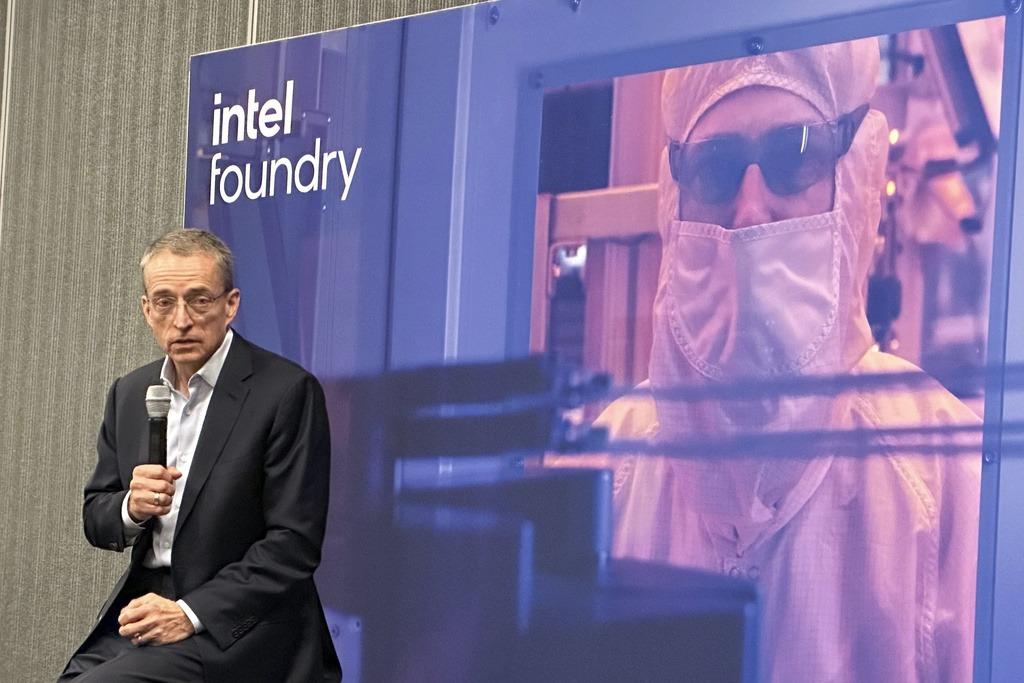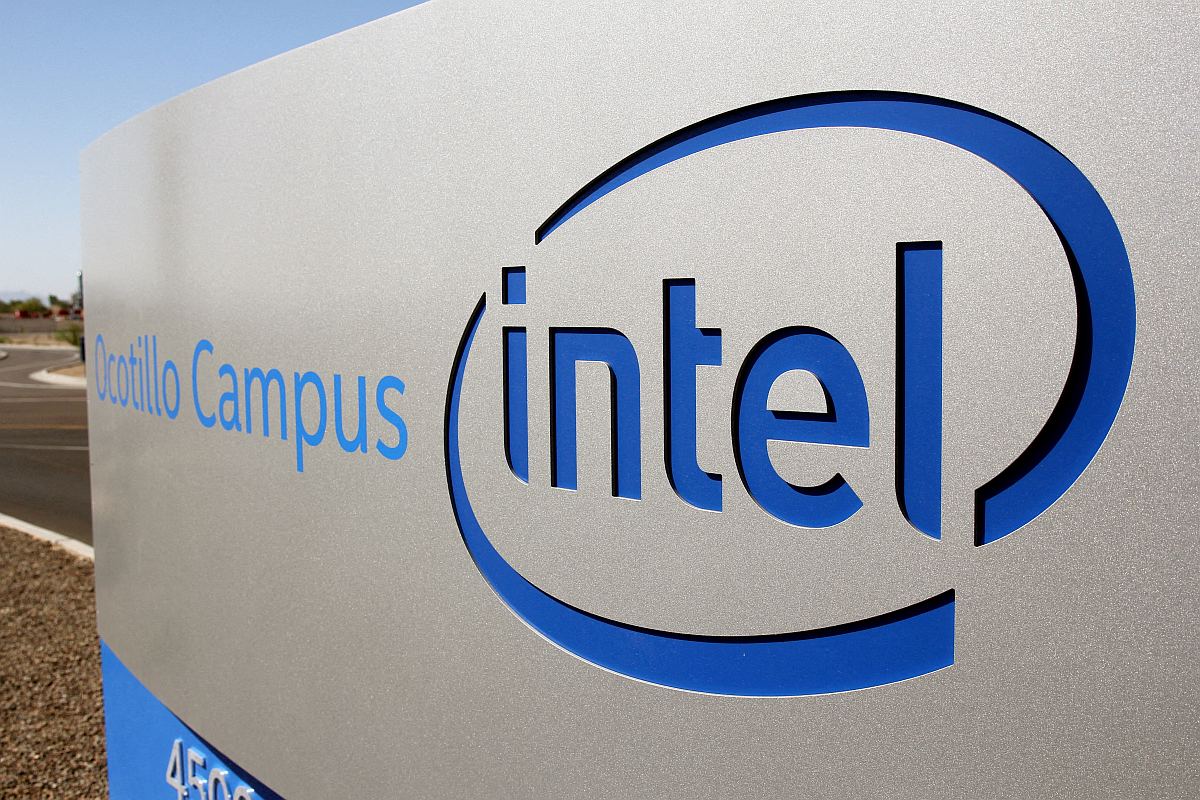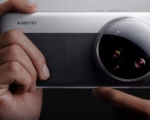During an event in San Jose, California, Intel unveiled significant developments in its quest to compete with Taiwan Semiconductor Manufacturing Co (TSMC). The American chipmaker revealed that Microsoft has opted to utilize its services for manufacturing a customized computing chip, marking a significant milestone for Intel’s foundry business. Moreover, Intel expressed confidence in surpassing its internal target of outpacing TSMC in advanced chip manufacturing by 2025, a goal that underscores the company’s determination to regain a competitive edge in the semiconductor industry.
At the forefront of Intel’s strategy is the introduction of Intel 18A manufacturing technology, slated to debut later this year. This cutting-edge technology is positioned to reclaim Intel’s position as the producer of the world’s fastest chips, a title currently held by TSMC. Looking ahead to 2026, Intel aims to maintain its lead with the introduction of Intel 14A, a next-generation technology expected to further solidify the company’s standing in the chip manufacturing landscape.
The announcement of Microsoft’s partnership with Intel further cements the chipmaker’s ambitions in the foundry space. Microsoft’s decision to leverage Intel’s 18A technology for an undisclosed chip underscores the growing demand for advanced semiconductor solutions and validates Intel’s strides in enhancing its foundry capabilities. With projected foundry orders now reaching $15 billion, surpassing earlier estimates, Intel is poised to capitalize on the increasing demand for cutting-edge chip manufacturing services, further bolstering its position in the competitive semiconductor market.
TSMC said it had “no comment on the competitiveness of our advanced technologies” beyond what its CEO C.C. Wei said at the company’s last investor conference in January.TSMC’s Taipei-listed stock has jumped almost 17% so far this year due to its dominance in producing the kinds of advanced chips used in AI applications by companies like Nvidia.

The news of 14A technology is the first time the Silicon Valley company has given details of its plans beyond 2025. That is the deadline Intel’s CEO, Pat Gelsinger, had set to regain the chipmaking crown when he took the reins three years ago.For decades, Intel made chips only for itself and used its lead in manufacturing to create a cycle in which it made chips with industry-leading performance and charged a premium for them. Those margins, in turn, helped fund manufacturing advances. But when Intel lost its manufacturing lead, its chips became less competitive and margins slipped, sapping the source funding for a manufacturing rebound.
Intel said on Wednesday it was partnering with Arm Holdings to make it easier to make chips with Arm technologies in its factories. Intel also said it will work with the University of California, Berkeley, and the University of Michigan to allow students to access its 18A manufacturing technology.Intel also has a special technology that analysts say will be useful for speeding up power-hungry artificial intelligence chips. Nvidia, the leader in the AI chip market, has said it is evaluating Intel’s manufacturing technology, but the two companies have not announced a deal.
Intel’s effort to lure in outside customers “is the key to the turnaround story,” said Ben Bajarin, chief executive of consulting firm Creative Strategies.”Unfortunately, it’s an unanswered question, because this is a two-to-three-year journey before we have any inkling of knowing that this is working.”

















